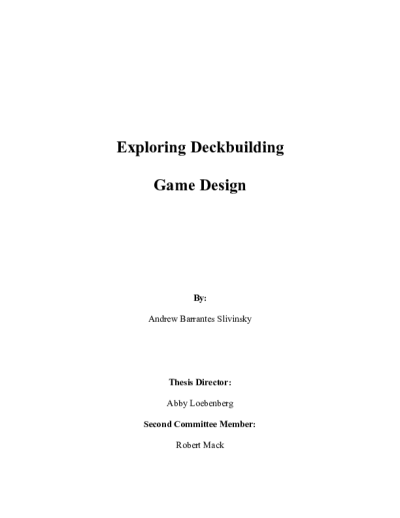Barrett, The Honors College Thesis/Creative Project Collection
Barrett, The Honors College at Arizona State University proudly showcases the work of undergraduate honors students by sharing this collection exclusively with the ASU community.
Barrett accepts high performing, academically engaged undergraduate students and works with them in collaboration with all of the other academic units at Arizona State University. All Barrett students complete a thesis or creative project which is an opportunity to explore an intellectual interest and produce an original piece of scholarly research. The thesis or creative project is supervised and defended in front of a faculty committee. Students are able to engage with professors who are nationally recognized in their fields and committed to working with honors students. Completing a Barrett thesis or creative project is an opportunity for undergraduate honors students to contribute to the ASU academic community in a meaningful way.

